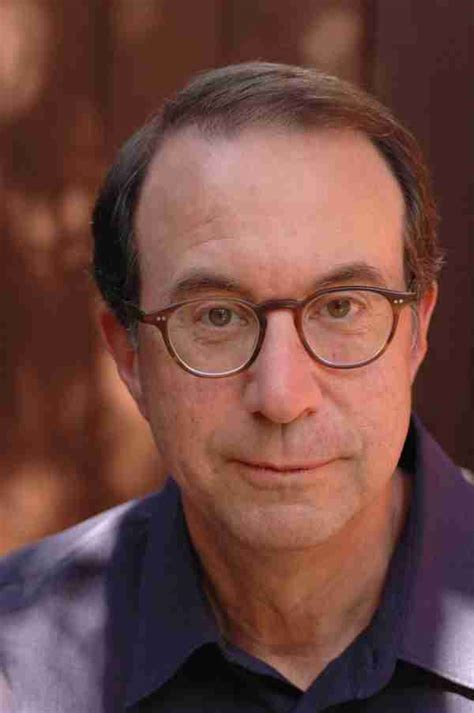A Quote by Paul Johnson
The writer learns to write, in the last resort, only by writing. He must get words onto paper even if he is dissatisfied with them. A young writer must cross many psychological barriers to acquire confidence in his capacity to produce good work-especially his first full-length book-and he cannot do this by staring at a piece of blank paper, searching for the perfect sentence.
Related Quotes
Productivity is a relative matter. And it's really insignificant: What is ultimately important is a writer's strongest books. It may be the case that we all must write many books in order to achieve a few lasting ones - just as a young writer or poet might have to write hundreds of poems before writing his first significant one.
Several years ago we had an intern who was none too swift. One day he was typing and turned to a secretary and said, "I'm almost out of typing paper. What do I do?" "Just use copier machine paper," she told him. With that, the intern took his last remaining blank piece of paper, put it on the photocopier and proceeded to make five blank copies.
If you give a writer a pile of blank paper and say you can write anything you like on any subject you want at any length you want, you will probably never get anything at all, whereas if you have 900 words to write, and it's fiction that is somehow op-ed fiction, and it needs to tie in with Halloween . . . okay, those are my constraints, that's where I now need to start building something.
How often I have tried to tell writing students that the first thing a writer must do is love the reader and wish the reader well. The writer must trust the reader to be at least as intelligent as he is. Only in such well wishing and trust, only when the writer feels he is writing a letter to a good friend, only then will the magic happen.
Writing in a journal is just a stall, a waiting game, a way to tell yourself that you're working when you're not, that you're doing something of value when you're just using up paper, that you're a writer when in fact you're just going through the motions of one. Look at me! I have blank paper in front of me-and now I'm filling it, with words!
I think the first thing - if you want to be a writer - the first thing you need to do is write. Which sounds like an obvious piece of advice. But so many people have this feeling they want to be a writer and they love to read but they don't actually write very much. The main part of being a writer, though, is being profoundly alone for hours on end, uninterrupted by email or friends or children or romantic partners and really sinking into the work and writing. That's how I write. That's how writing gets done.
A distinguished man should be as particular about his last words as he is about his last breath. He should write them out on a slip of paper and take the judgment of his friends on them. He should never leave such a thing to the last hour of his life, and trust to an intellectual spurt at the last moment to enable him to say something smart with his latest gasp and launch into eternity with grandeur.
The writer's only responsibility is to his art. He will be completely ruthless if he is a good one. He has a dream. It anguishes him so much he must get rid of it. He has no peace until then. Everything goes by the board: honor, pride, decency, security, happiness, all, to get the book written. If a writer has to rob his mother, he will not hesitate; the 'Ode on a Grecian Urn' is worth any number of old ladies.






























